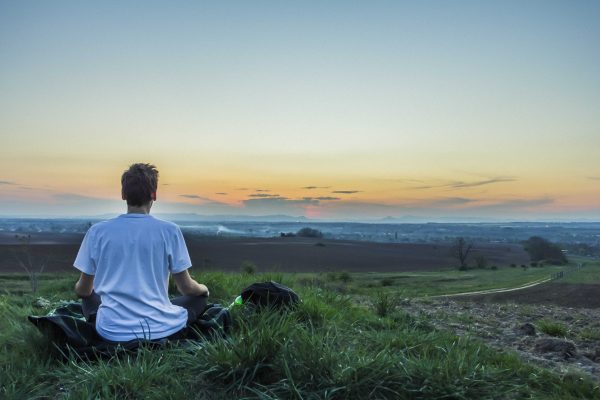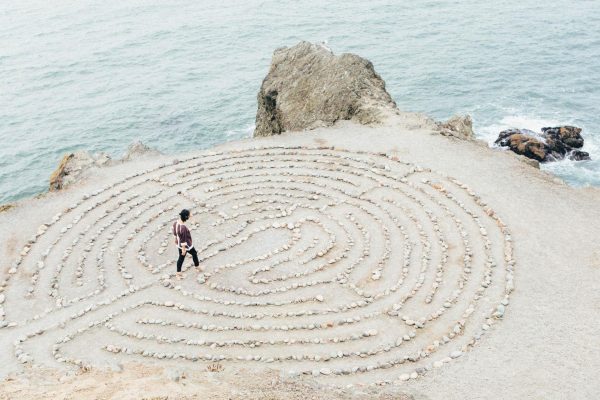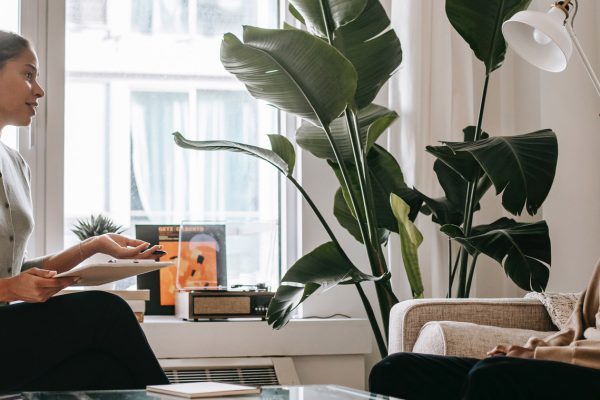Despite being experienced by approximately one in four Australians, according to the Australian Psychological Society, loneliness is one of the most misunderstood of human experiences.
One common misconception about loneliness is that it shouldn’t be experienced if we are surrounded by people. However, it’s easy to confuse the true nature of loneliness – that unlike social isolation (the objective absence of social interaction) loneliness is a subjective feeling of lacking social connectivity, even when we’re not socially isolated.
Even when surrounded by a myriad of people, it’s possible to feel alone in a room. One of the major reasons for this is that the pain of lacking social connection is often a symptom of a deeper issue, that is, shame or feeling unworthy. As Brené Brown reminds us, “shame is the fear of not being worthy of connection and belonging”, and when we’re motivated by our own shame, we deprive ourselves the opportunity of connection, often leading us to feel more isolated, and more lonely.
Does this mean that we are to blame for our own loneliness? Definitely not. But maybe we can learn to not pay so much attention to the voice in our head that tells us that our friends don’t like us enough to invite us to weekend lunch, or that if we told one of our deepest secrets to a loved one, that they wouldn’t want to be around us anymore. Maybe this is our voice, not theirs. This is the very nature of shame – it discourages us from taking the risk to build meaningful relationships, it stops us from feeling like we belong somewhere.
So, at this stage, you might be reading this and wondering “why do I need to overcome these yucky feelings in order to feel more connected (or less lonely)?” Well, as Brené Brown’s research has shown, it is those who find the courage to let themselves be truly seen by their inner circle, who are most fulfilled in their social relationships. Another way to look at this is to examine the types of interactions that you might have had over the course of your relationships with various people and to reflect on which relationships in your life made you feel most fulfilled, and why.
When we can create more meaning and connection in our relationships, that’s often when we notice ourselves feeling less lonely.
It might help to reflect on the following questions to guide your self-awareness and navigate you towards pursuing the types of relationships that are helpful:
- Who am I with when I feel most energised or uplifted?
- What kinds of conversations do I naturally give my undivided attention to?
- What kinds of interactions make me feel most loved or valued?
- What kinds of qualities do I have to offer to others or to myself? We all have some!
- How easy do I find it to be myself around other people?
- Can I identify whether a person is safe or trustworthy?
Remember, it’s not the quantity of your relationships that makes the difference, but the quality. One meaningful relationship or friendship with someone who feels like a ‘safe person’ will help you feel more connected and less lonely than several superficial relationships.
If you, or someone you know, are feeling lonely and disconnected and don’t know where to turn, please know that you (or they) are not alone – there is support available. Feel free to get in touch with our friendly reception team who will help you book in with a Mindful Psychology therapist to help explore your concerns on a deeper level.











